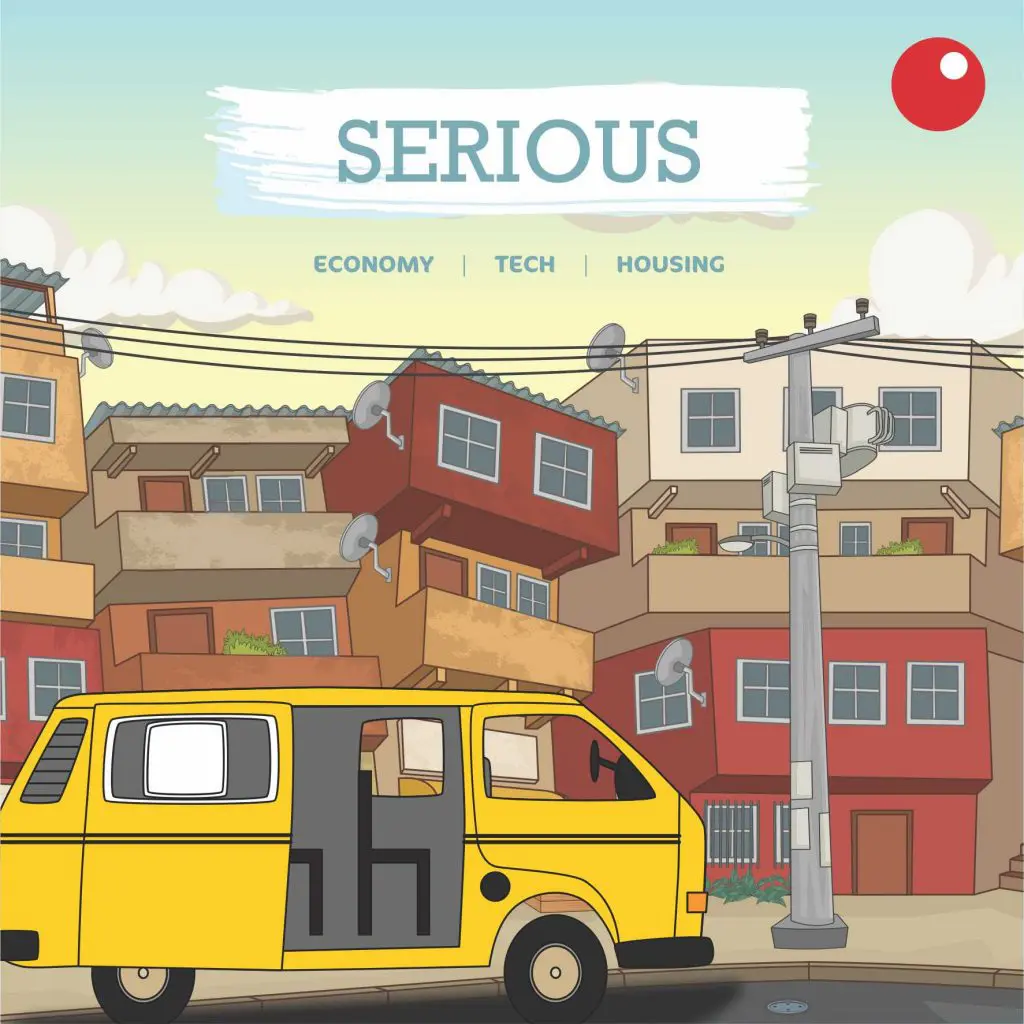In Lagos, of the numerous problems we face, overcrowding and accommodation wahala are the biggest. The ratio of people to amenities results in endless struggles. From power supply to water supply to the roads (don’t get us started on the famous Lasgidi traffic – it’s our own Anthony Joshua vs Ruiz fight and unfortunately poor infrastructure is the winner beating the rest of us black and blue.)
Many health problems can be directly attributed to the overcrowding, which generally affects waste management, drainage pollution) systems and general environment friendliness.
The affordability of quality housing in the state especially is questionable as construction experts substitute quality for quantity in a bid to reduce costs eventually resulting in many cases of collapsed or sunken buildings; one of the most recent being the Ita-Faji, Lagos Island collapse which happened on March 13th and claimed over 20 lives. By 2050, the population of Lagos is
expected to double once more, which will make it the 3rd largest city in the world. With less infrastructure than any of the other megacities, our struggles may well continue like Arsenal’s trophyless European activities.
With people on the streets and many others spending a larger part of their income on rent, the result is simple – a loss of productivity and economic hardship.
Relative Affordability
Affordability is a largely relative concept determined by various factors but most importantly by ego. As of February 2019, the annual minimum wage stood at N216,000. Since experts have told us that, we spend about 60% of our income on food, it means only about N84,000 is available for housing among minimum wage earners.
Meanwhile, the annual cost of a low service apartment in Lagos is estimated at N150,000. If you’re a family man or woman with dependents, you would still need to cover clothing or pay school fees(although Sterling Edu-finance has got you covered).
There is also the factor of location- the costs of a threebedroom flat in Yaba and Ipaja would differ greatly. A person who desires to pay the premium of living in a central, developed commercial hub like Yaba would pay much more than someone in Ikorodu would.
Lasgidi Efforts
Between 2011 and 2018, Lagos State government reportedly allocated N390bn to the Housing and Community services for different housing projects in the state. Major strategies were implemented to achieve higher housing inclusion such as direct construction of houses on a massive scale, which reduced the perennial shortage of housing particularly for lowincome groups. While there have been different special reforms and housing schemes orchestrated by the government, the root causes of the housing problem have not been addressed.
Affordable housing is really a global problem so much that Nelson Mandela once said, “When a man is denied the right to live the life he believes in, he has no choice but to become an outlaw.” The mismatch of housing to people in Lagos has led to an increase in price because of the high demand to supply ratio which has caused an availability crisis. There is also the increasing case of fraudulent people who pose as house owners to rip desperate individuals of their hard-earned money for house rents, brethren say God forbid! There has been an increase in the violation of property laws and thanks to our “agile” judicial system; it might just continue to worsen.
Way forward
Dear government, let the private sector help. While the onus is on you to get sustainable funding and also to maintain the policy environment required to make building easier – (e.g. the 19 different payment points for building is a bit ridiculous!), involving the private sector will allow the solutions scale quicker.
Dear private sector real estate developers, re-think housing design to accommodate more Lagosians at affordable prices.
Dear Lagosians, good luck!
We will overcome our homelessness
To read all articles on “Serious” magazine, please visit sterling.ng/serious










